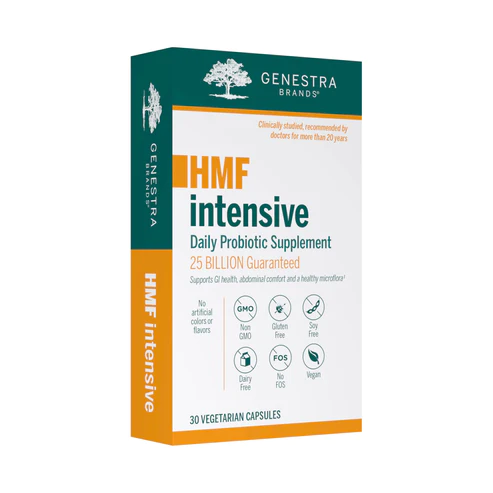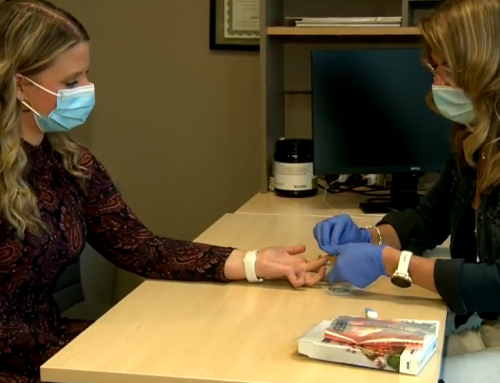Do you forget where you left your keys, have trouble remembering names, or feel like you’re walking around in a fog?
Maybe it’s your thyroid! There’s more to thyroid health than you might realize.
Thyroid hormone regulates every organ in your body, including the thyroid gland. When your thyroid gland is underfunctioning, everything in your body moves slower, which is why you might feel sluggish all over. This includes how your mind works, how you metabolize, and even how your bowels work.
So what we might chock up to symptoms of “getting older” or “menopause brain” are very often related to low thyroid function.
So is it as simple as getting blood work to figure out if your thyroid gland is working?
Yes and no. It’s a good place to start. But “subclinical hypothyroid” is very common, where you can have all the signs and symptoms of low thyroid, but the bloodwork looks “fine”.
This is often because some of the most important markers of thyroid function are not commonly tested in routine bloodwork. One of those markers relates to the immune system and inflammation.
If your immune system is affecting your thyroid gland, it won’t work properly until you balance out the immune system.
And how do we do that?
Hippocrates said: “All disease begins in the gut.” When it comes to your thyroid gland, this is no exception.
Poor gut health can suppress thyroid function and trigger an autoimmune condition of the thyroid known as Hashimoto’s disease, and low thyroid function can lead to an inflamed and leaky gut.
So what are the connections?
- Thyroid hormones strongly influence the tight junctions in the stomach and small intestine and protect the gut mucosa from developing ulcers.
- 70% of your immune system is in your gut. In “leaky gut syndrome”, large protein molecules escape into the bloodstream. Since these proteins don’t belong outside of the gut, the body mounts an immune response and attacks them. Studies show that these attacks play a role in the development of autoimmune conditions like Hashimoto’s.
What are some strategies to take care of this scenario?
- The most direct route to taking care of your thyroid is by taking care of your gut, since we have direct access to the gut.
- Imagine your gut is like a garden, and in your garden you have weeds, flowers and compost.
- We can fertilize the flowers using a good probiotic.
- Then we can weed the garden using antimicrobials like caprylic acid.
- And then we figure out what kind of compost our guts need by doing things like IgG testing to determine how foods might be affecting our immune system.
- Certain supplements like Vitamin D, zinc, selenium and iodine help the thyroid produce thyroid hormone.
Our favourite basics for thyroid health
For specific recommendations, book a consult with Dr. Fleury.









